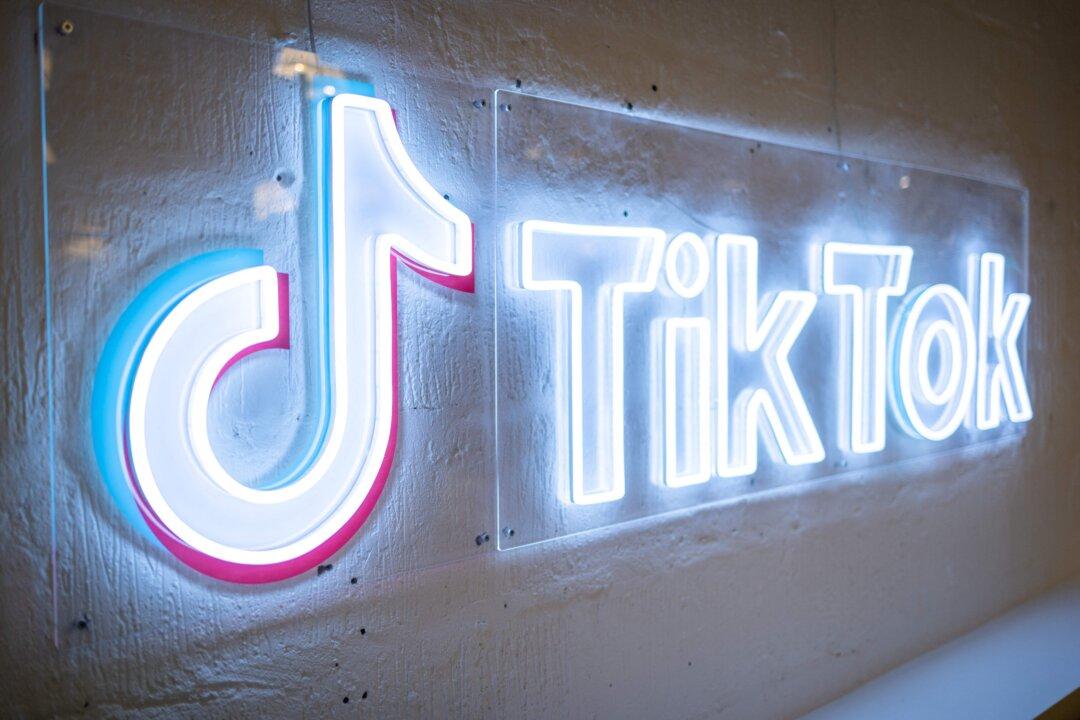President Joe Biden’s reelection campaign has created an official account on TikTok to try to connect with younger voters, even as the president has banned the video-sharing app from most government devices.
At the moment, the social media account boasts a profile photo displaying the so-called Dark Brandon meme.




